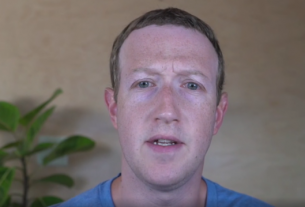Geneyx, an Israeli medtech startup that offers a genetic data analysis and interpretation platform, brought in $10 million in a seed round led by Capri Ventures and Accenture Ventures.
Geneyx helps improve patient outcomes associated with hereditary and rare diseases by providing disease-specific, clinically relevant insights around risk prediction, diagnosis, prognosis, and treatment for clinical and pharmaceutical organizations.
–
[embedded content]
Genetic testing can be used to uncover certain illnesses long before they manifest themselves. This makes preventative healthcare much easier. Many hereditary illnesses are not even noticed in any way until much later in life. And some can be prevented with the proper diet and lifestyle.
There are many illnesses that are not detected until after it is too late to save the patient’s life. This is true of some forms of cancer. Then there are diseases like Alzheimer’s’ and Parkinson’s which have been shown to run in families.
Proper genetic studies using more advanced tech and tools will allow researchers to find new ways to treat many diseases and maybe even find cures.
The company boasts that it offers a “superior NGS data analysis and interpretation platform, harnessing genetic data to guide digital insights for rare and germline disorders.” Its AI-based analysis platform streamlines the diagnostics process, from the raw genetic data to the final clinical report. Geneyx develops technologies and utilizes diverse databases in the interpretation of WGS (whole-genome sequencing), WES (whole-exome sequencing), and gene panels.
David Yizhar, Geneyx CEO and co-founder, said, “Accenture’s investment and support will enable Geneyx to accelerate the adoption of our AI-based genomic interpretation technology on a global scale helping to leverage insights from siloed genetic data around the world and powering clinical research and pharmaceutical discovery.”
Yzhar said that Geneyx’s solutions have already been used in more than 100,000 cases across 18 countries and cited in more than 50 peer-reviewed publications. In the next two years, says Yithar, the company expects to enable users to achieve 90% diagnostic yield, utilizing whole-genome sequencing for varied medical conditions.”





